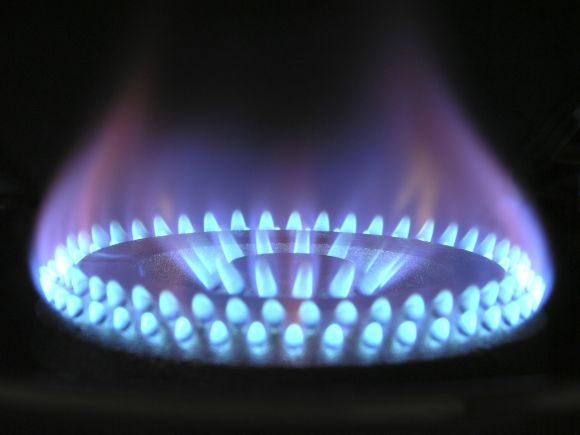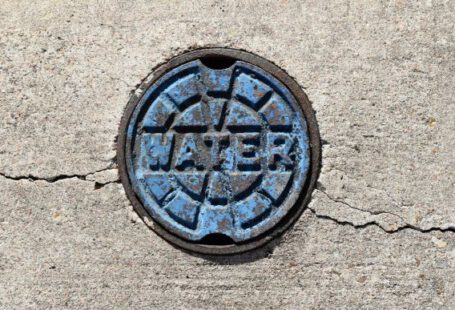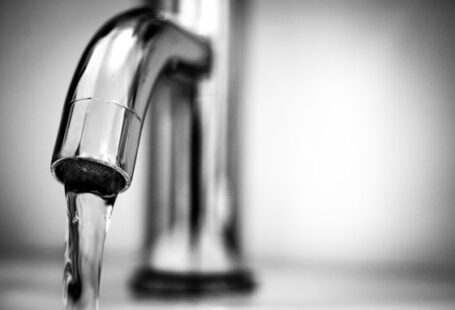Gas lines are an essential component of many homes, providing the fuel needed for heating, cooking, and powering appliances. While gas is a convenient and efficient source of energy, it can also pose serious safety risks if not properly maintained and monitored. As a homeowner, it is crucial to be aware of gas line safety measures to ensure the well-being of your household. In this article, we will discuss important information and guidelines every homeowner should know to prevent gas-related accidents and protect their property.
Recognizing the Signs of a Gas Leak
One of the key aspects of gas line safety is being able to recognize the signs of a gas leak. Gas leaks are hazardous and can result in fires, explosions, and health complications. Some common indicators of a gas leak include a strong smell of rotten eggs, hissing or blowing sounds near gas appliances, dead or dying plants near gas lines, and a white mist or fog in the air. If you notice any of these signs, it is important to act immediately.
Actions to Take in Case of a Gas Leak
In the event of a gas leak, quick and decisive action is crucial. Firstly, do not use any electrical appliances or switches, as they can create sparks and ignite the gas. Open all doors and windows to allow fresh air to circulate and help dissipate the gas. Avoid using matches, lighters, or any open flames. If safe to do so, turn off the gas supply at the main valve and leave the premises. Once outside, call emergency services and your gas provider to report the leak and follow their instructions.
Regular Inspections and Maintenance
Regular inspections and maintenance of your gas lines are essential for ensuring their safety and efficiency. It is recommended to have a professional gas technician inspect your gas lines at least once a year. They will check for any leaks, corrosion, or damage that may compromise the integrity of the system. Additionally, it is important to schedule regular maintenance for gas appliances such as furnaces, water heaters, and stoves. Proper maintenance can help identify potential issues before they become major problems and ensure the safe operation of these appliances.
Proper Installation of Gas Appliances
When installing new gas appliances or making modifications to existing ones, it is vital to hire a qualified professional. Improper installation can lead to gas leaks and other safety hazards. A licensed gas technician will ensure that all connections are secure, the appliance is properly vented, and that it complies with local building codes and regulations. Remember, attempting to install or repair gas lines or appliances without the necessary expertise can have serious consequences and is best left to trained professionals.
Educating Household Members
Gas line safety is a responsibility that should be shared by all members of the household. It is important to educate everyone about the potential risks associated with gas and the actions to take in case of an emergency. Teach family members how to recognize the signs of a gas leak and establish clear evacuation procedures. Make sure everyone knows where the gas shut-off valve is located and how to operate it. Regularly remind household members about the importance of not tampering with gas lines or appliances and the necessity of reporting any suspected issues immediately.
Conclusion
Gas line safety is a critical aspect of homeowner responsibility. By being knowledgeable about the signs of a gas leak, taking immediate action in case of an emergency, scheduling regular inspections and maintenance, ensuring proper installation of gas appliances, and educating household members, you can minimize the risks associated with gas and protect your home and loved ones. Remember, when it comes to gas line safety, it is always better to be proactive than to deal with the consequences of neglect.



